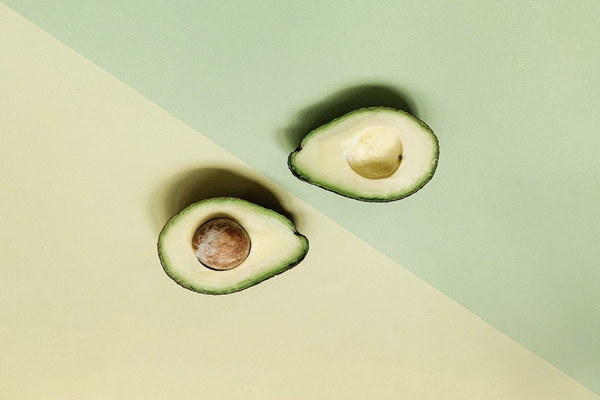Harmonizing Yin and Yang A Deep Dive into Nourishing Kidney and Strengthening Yang in Traditional Chinese Medicine
In the realm of Traditional Chinese Medicine (TCM), the concept of Yin and Yang is fundamental. This philosophical principle suggests that the world is composed of two complementary forces that are interconnected and interdependent. When these forces are in balance, the body thrives. However, when there is an imbalance, it can lead to various health issues, including kidney problems. This article delves into the concepts of nourishing kidney Yin and strengthening kidney Yang, two key practices in TCM to maintain health and well-being.

Understanding Yin and Yang in Kidney Health
In TCM, the kidneys are considered the root of life, playing a crucial role in reproductive health, growth, and development. The kidneys are associated with both Yin and Yang energies. Kidney Yin refers to the cooling, moistening, and nourishing aspect, while Kidney Yang represents the warming, energizing, and activating aspect. A harmonious balance between these two is essential for optimal kidney health.
Nourishing Kidney Yin
Nourishing Kidney Yin is a vital practice in TCM, especially for those experiencing symptoms of Yin deficiency. This deficiency can manifest as symptoms such as fatigue, low back pain, dizziness, hot flashes, night sweats, and dryness in the mouth and throat. To nourish Kidney Yin, TCM practitioners may recommend the following:
1. Herbal Remedies: Herbs like rehmannia, peony, and alisma are commonly used to nourish Kidney Yin. These herbs help to cool the body, moisten dryness, and promote overall balance.
2. Dietary Adjustments: Incorporating foods with cooling and moistening properties, such as fruits like watermelon, peaches, and pears, can help nourish Kidney Yin. Additionally, avoiding spicy, hot, and dry foods can be beneficial.
3. Acupuncture: Acupuncture can help to balance the Yin and Yang energies within the body. Specific points, such as Kidney 3 (Kidney's Original Point) and Kidney 6 (Foot Shu), are often used to nourish Kidney Yin.
4. Lifestyle Changes: Adequate sleep, stress management, and moderate exercise can help to support Kidney Yin. Activities such as tai chi, yoga, and meditation can promote a sense of calm and balance.
Strengthening Kidney Yang
On the other hand, a deficiency in Kidney Yang can lead to symptoms such as weakness, cold hands and feet, fatigue, and decreased libido. To strengthen Kidney Yang, TCM practitioners may suggest the following:
1. Herbal Remedies: Herbs like epimedium, cistanche, and codonopsis are often used to strengthen Kidney Yang. These herbs help to warm the body, boost energy, and enhance vitality.
2. Dietary Adjustments: Including warm, grounding foods, such as ginger, garlic, and black beans, can support Kidney Yang. It is also important to consume enough protein and healthy fats to maintain energy levels.
3. Acupuncture: Acupuncture can help to balance the Yin and Yang energies within the body. Specific points, such as Kidney 17 (Shu Stream Point) and Kidney 20 (Shenque), are often used to strengthen Kidney Yang.
4. Lifestyle Changes: Regular exercise, such as walking, running, or weightlifting, can help to build strength and enhance overall well-being. It is also essential to stay warm and protect against cold weather, as it can exacerbate Kidney Yang deficiency.
Conclusion
In conclusion, maintaining a balance between Kidney Yin and Yang is crucial for overall health and well-being. By understanding the principles of TCM and incorporating nourishing and strengthening practices, individuals can work towards a more balanced and harmonious life. Whether through herbal remedies, dietary adjustments, acupuncture, or lifestyle changes, the key is to find the right balance that works for you. Remember, it is always best to consult with a qualified TCM practitioner before starting any new treatment or making significant changes to your lifestyle.









